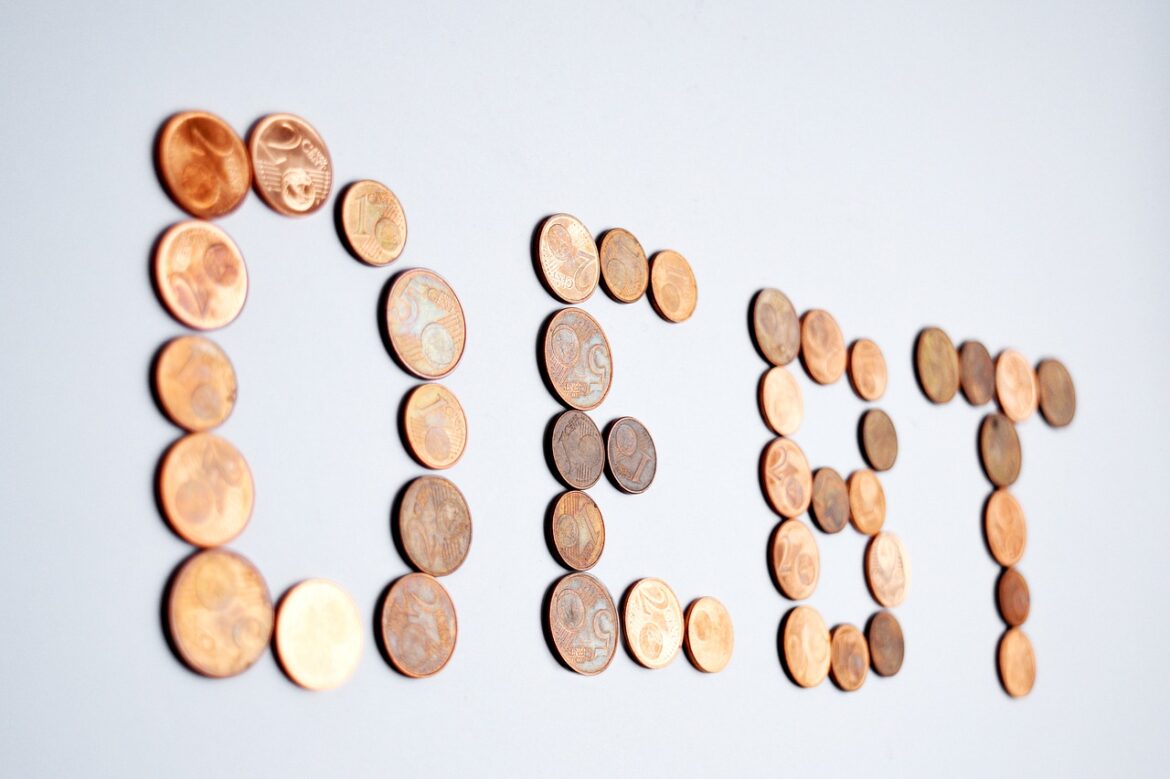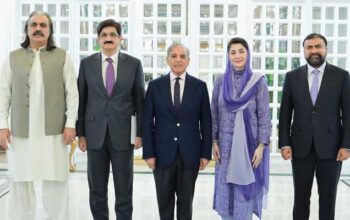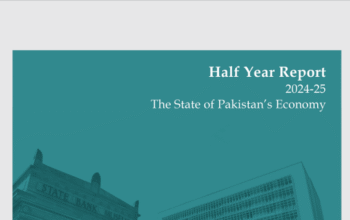Bridging the external financing gap for the current fiscal has become a prior action for the revival of stalled IMF bailout for Pakistan.
By Mohammad Ali
ISLAMABAD: Pakistan has until August 11 to raise USD 4 billion in financing from other sources before the executive board of the International Monetary Fund (IMF) can consider revival of a stalled multibillion-dollar bailout program for the country, Independent Pakistan can report.
The executive board of the International Monetary Fund (IMF) expected to meet on August 26 after two weeks of summer break. Pakistan has to certify to deliver on all agreed prior actions under the Enhanced Fund Facility (EFF) including raising USD 4 billion in debt from other sources to bridge the financing gap for the current fiscal year.
Pakistan’s external financing needs for the fiscal are projected at USD 35.9 billion. However, total inflows over the year – including the USD 1.17 billion EFF tranche – fall short of that figure by USD 4 billion.
In an unprecedented move, the Fund has attached the condition of bridging that gap as a prior action for the executive board’s approval of the revival of the stalled EFF program. Official sources say Pakistani authorities had to swallow this rather harsh precondition on account of the precarious situation of the country’s economy.
“Pakistan has become a desperate borrower”, one official told Independent Pakistan on condition of anonymity. “There was no other choice but to accept all preconditions of the IMF for the revival of the EFF program to avoid a looming default on our external obligations”.
In any case, Pakistan must file with the Fund a letter of intent (LOI) signed by the finance minister and the head of the central bank fifteen days ahead of the executive board meeting, certifying the completion of all agreed prior actions – including financing arrangements to bridge the USD 4 billion gap.
The IMF’s Executive Board likely to meet on August 26 with the approval of 7th and 8th reviews of Pakistan’s EFF program on the agenda. The board’s nod will revive the program and pave the way for the disbursement of a USD 1.17 billion tranche to Pakistan.
This gives Pakistan until August 11 to complete all prior actions including financing arrangements for the additional USD 4 billion, and file the LOI. Monetary help from friendly countries has thus become pivotal to the revival of Pakistan’s IMF bailout. The countries expected to chip in are Saudi Arabia, United Arab Emirates (UAE), and Qatar.
Saudi Arabia has agreed in principle to provide Pakistan a USD 1.2 billion oil facility on deferred payment. Senior officials say the Kingdom is prepared to certify this to satisfy the IMF’s executive board. Also under consideration is an option for KSA to transfer to Pakistan USD 1 billion to USD 2 billion in special drawing rights (SDRs).
The UAE plans to invest USD 2 billion in the Pakistani stock market, while Qatar has agreed in principle to provide LNG worth USD 200 million on deferred payment.
Pakistan is looking to raise another USD 2 billion to USD 3 billion from a G2G sale of two gas-fired power plants. Negotiations to that end are underway.
However, transacting G2G sales requires legislation. The federal cabinet has granted its assent to a draft law to this end, which is now being vetted by the Cabinet Committee on Legislative Business (CCLC) before its parliamentary approval.
Other prior actions include hiking power tariffs with the approval of NEPRA and increasing petroleum levy. The first installment of the power tariff hike is expected to be about PKR 3.25 per unit.
The petroleum levy is also expected to be adjusted upward in next fortnight, although its magnitude is yet to be decided. Currently, the government is charging petroleum levy of PKR 5 per liter on diesel and PKR 10 per liter on petrol.
Copyright © 2021 Independent Pakistan | All rights reserved





Good report